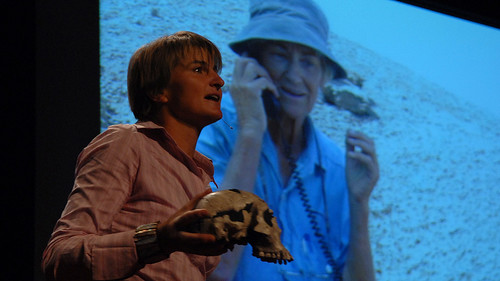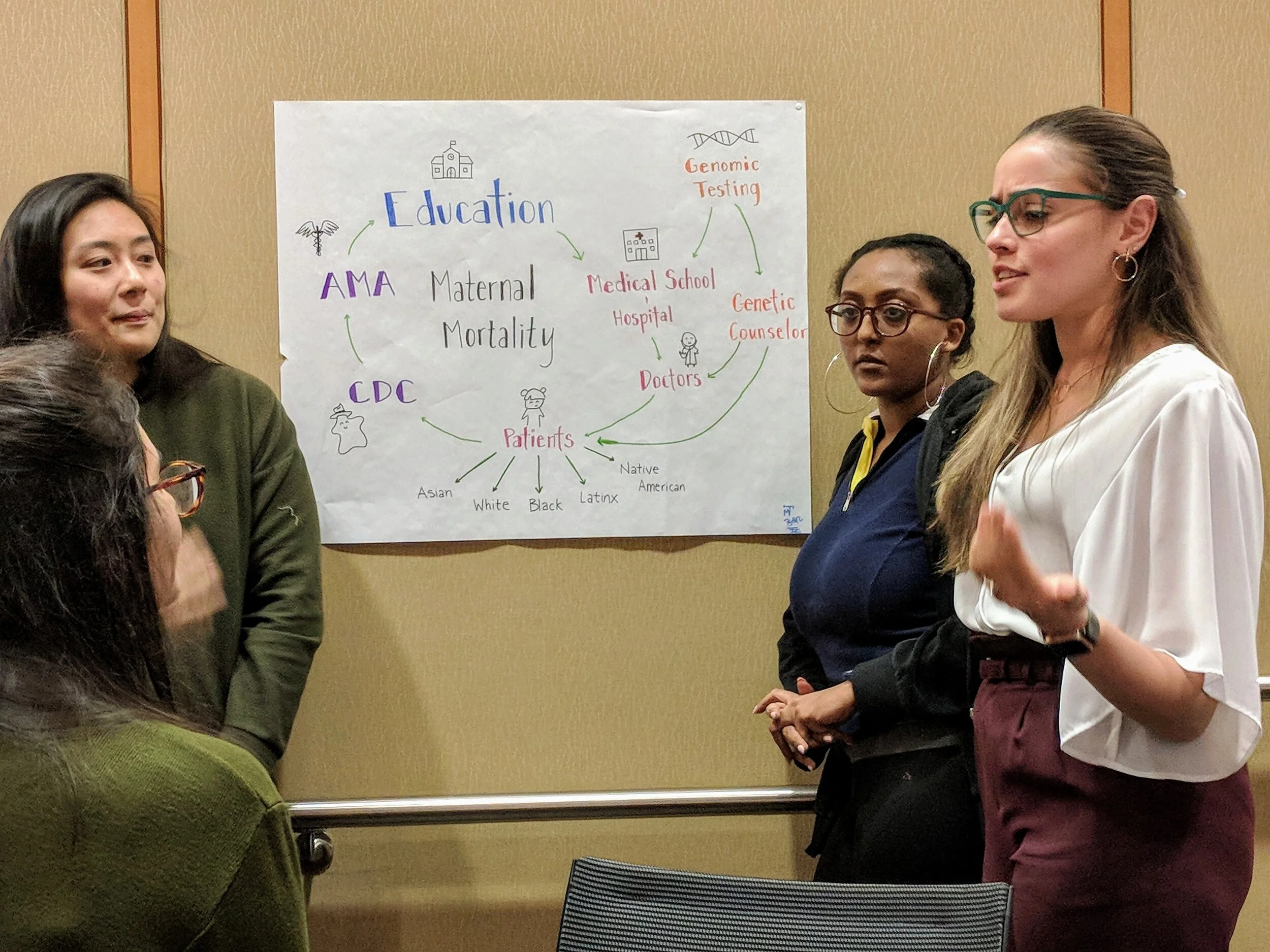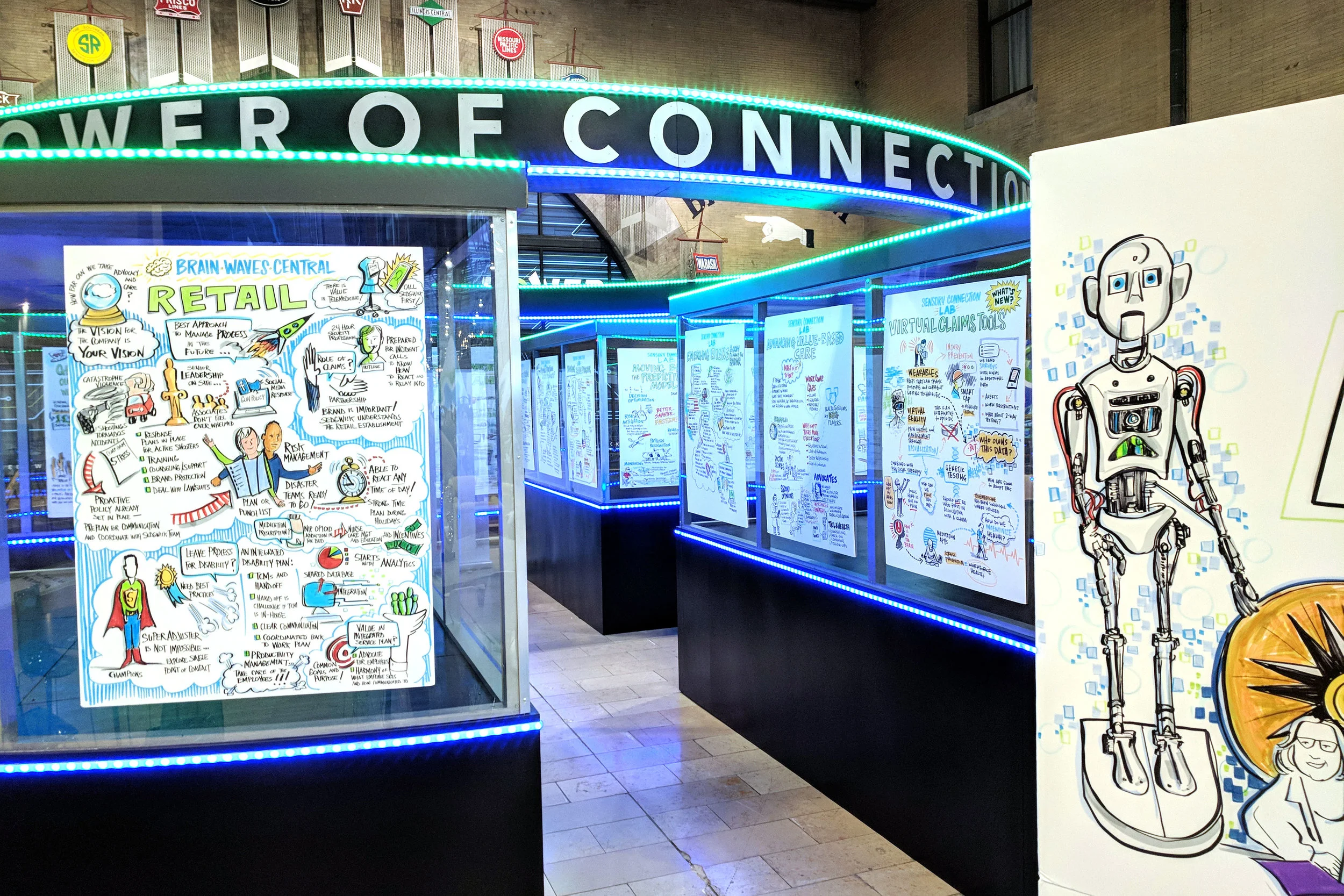Chimps in Retirement
/ The Wauchula Woods Accord Toward a New Understanding of Animals
The Wauchula Woods Accord Toward a New Understanding of Animals
By Charles Siebert
Scribner, June 2009
From Michael Jackson's Bubbles to Tarzan's Cheetah, the simian stars of the Career Builder ads and laboratory test animals, these working apes are finally living in peaceful retirement.
In an interview on NPR'sFresh Air,journalist Charles Siebert describes his new book,The Wauchula Woods Accord: Toward A New Understanding of Animals.
He details his encounters with Roger a retired former circus chimp, who lived at the Center for Great Apes in Florida and preferred the company of humans to chimps.
As a science writer, Seibert covers the influence of person and animal interaction—both creatures are forever changed.






 How does a propensity for self-sacrifice evolve?
How does a propensity for self-sacrifice evolve?







